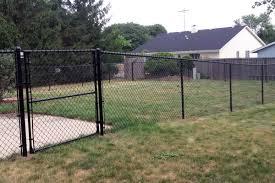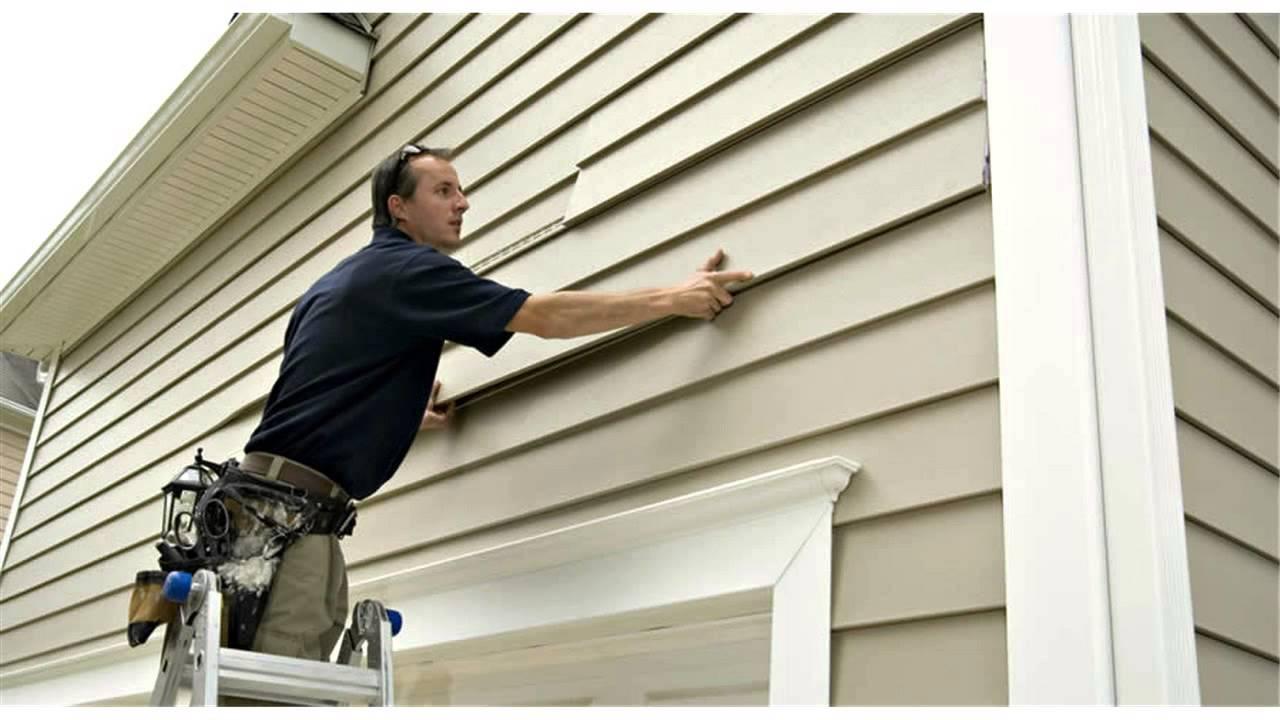Residential vs Commercial Chain Link Fence Cost: Which Option Saves More in the Long Run?

When planning a fence installation, one of the most important considerations is understanding the chain link fence cost. While chain link fences are a popular choice for both residential and commercial properties, the total expense can vary greatly depending on the purpose, materials, height, and installation requirements. In this guide, we’ll break down the differences between residential and commercial chain link fence costs and help you determine which option offers the best long-term value in 2025.
What is a Chain Link Fence?
A chain link fence is a durable barrier made from interwoven steel wires, forming a diamond pattern. Known for its strength, visibility, and affordability, this fencing type is widely used in homes, schools, industrial properties, and sports facilities. Its versatility makes it ideal for a variety of applications, but the chain link fence cost varies depending on whether it’s intended for residential or commercial use.
Residential Chain Link Fence Cost
Residential fences are designed primarily for privacy, safety, and aesthetic appeal. Typical residential chain link fences range from 4 to 6 feet in height.
Factors Affecting Residential Fence Cost
-
Material Quality
-
Galvanized steel: Most common, affordable, and resistant to rust
-
Vinyl-coated steel: Offers color options and additional protection but increases cost
-
-
Fence Height and Length
-
4–6 ft fences are standard for residential areas
-
Longer fences increase total material and labor costs
-
-
Posts and Accessories
-
Corner and end posts, gates, and fittings are included in the total cost
-
Decorative accessories or privacy slats may increase the chain link fence cost
-
-
Labor
-
Professional installation: $10–$20 per linear foot
-
DIY installation: Can save 30–50% on labor costs
-
Estimated Residential Costs
| Fence Height | Material Type | Cost per Linear Foot |
|---|---|---|
| 4 ft Galvanized | Galvanized Steel | $5–$10 |
| 6 ft Vinyl-Coated | Vinyl-Coated Steel | $8–$15 |
Residential fences focus on balancing aesthetics, security, and budget. The overall goal is often to protect pets, children, and property while maintaining curb appeal.
Commercial Chain Link Fence Cost
Commercial chain link fences are built for higher security, durability, and often greater height. They are commonly used for industrial sites, schools, sports fields, and government properties. Commercial fences may range from 6 to 12 feet or higher, often incorporating heavier-gauge steel for added strength.
Factors Affecting Commercial Fence Cost
-
Material Quality
-
Heavy-duty galvanized or vinyl-coated steel is commonly used
-
Thicker gauge steel increases both cost and durability
-
-
Height and Length
-
Fences taller than 8 ft provide enhanced security but add significantly to the chain link fence cost
-
Longer perimeters increase material and labor requirements
-
-
Posts, Gates, and Accessories
-
Larger or double gates, tension bands, and railings increase total cost
-
Security features like barbed wire or privacy slats may also be added
-
-
Labor
-
Professional installation is generally required due to the fence height and complexity
-
Labor costs are higher than residential projects due to the need for specialized equipment
-
Estimated Commercial Costs
| Fence Height | Material Type | Cost per Linear Foot |
|---|---|---|
| 6–8 ft Galvanized | Heavy-Duty Steel | $15–$25 |
| 8–12 ft Vinyl-Coated | Vinyl-Coated Steel | $20–$30 |
Commercial fences focus on security and longevity, so higher upfront costs can result in fewer maintenance expenses over time.
Residential vs Commercial: Cost Comparison
| Feature | Residential | Commercial |
|---|---|---|
| Height | 4–6 ft | 6–12 ft |
| Material | Galvanized or Vinyl-Coated | Heavy-Duty or Vinyl-Coated |
| Cost per Linear Foot | $5–$15 | $15–$30 |
| Labor | Optional DIY | Professional required |
| Maintenance | Low | Moderate to Low |
From this comparison, it’s clear that commercial fences have higher upfront costs, but they also provide stronger security and greater durability.
Long-Term Value Considerations
When comparing chain link fence cost for residential vs commercial applications, long-term value matters. Here are key points to consider:
-
Durability
Commercial-grade fences are built to withstand harsh conditions, reducing replacement and repair costs over time. -
Maintenance
Both residential and commercial fences require minimal maintenance, but commercial fences may have additional protective coatings for longevity. -
Security
Higher commercial fences offer better protection against intruders, vandalism, and accidental damage, which may save costs associated with property security. -
Aesthetics vs Functionality
Residential fences often prioritize curb appeal, whereas commercial fences focus on security and functionality.
Hidden Costs to Watch Out For
Even with careful planning, unexpected costs can affect the total chain link fence cost:
-
Site Preparation: Clearing rocks, trees, or debris
-
Permits and Inspections: Required in some areas
-
Soil Conditions: Rocky or uneven ground increases installation complexity
-
Gate Automation: Security gates or access systems add to cost
Being aware of these hidden costs ensures that your project stays on budget.
DIY vs Professional Installation
Choosing between DIY and professional installation impacts the total chain link fence cost:
DIY Installation
-
Pros: Reduces labor costs, flexible timing
-
Cons: Requires skill, tools, and more time
Professional Installation
-
Pros: Ensures proper tension, alignment, and durability
-
Cons: Higher upfront cost, but potentially lower long-term repair costs
Tips to Reduce Chain Link Fence Cost
-
Select Standard Heights: Avoid custom heights unless necessary.
-
Compare Materials: Galvanized steel is cheaper than vinyl-coated options.
-
Consider DIY for Residential: Installing simpler sections yourself can reduce costs.
-
Get Multiple Quotes: Competitive quotes ensure fair pricing.
-
Plan Efficient Layout: Minimizing curves and corners reduces the number of posts required.
FAQs About Residential vs Commercial Chain Link Fence Cost
Q1: Which is cheaper, residential or commercial chain link fencing?
A: Residential fencing is generally cheaper due to lower height and lighter materials.
Q2: Do commercial fences last longer than residential fences?
A: Yes, commercial fences use heavier-gauge steel and coatings designed for long-term durability.
Q3: Can I install a commercial-grade fence for my home?
A: Yes, but the chain link fence cost will be significantly higher than standard residential options.
Q4: Are there maintenance differences between residential and commercial fences?
A: Maintenance is minimal for both, but commercial fences may require inspections due to higher security use.
Q5: Does fence height impact the cost significantly?
A: Yes, taller fences require more materials and labor, increasing both residential and commercial costs.
Conclusion
The chain link fence cost varies widely depending on whether you are installing a residential or commercial fence. Residential fences are generally more affordable and cater to aesthetics, basic security, and privacy. Commercial fences, while more expensive upfront, offer greater security, durability, and long-term value. By understanding material choices, labor costs, hidden fees, and maintenance considerations, homeowners and business owners can make informed decisions that balance cost, functionality, and longevity.






